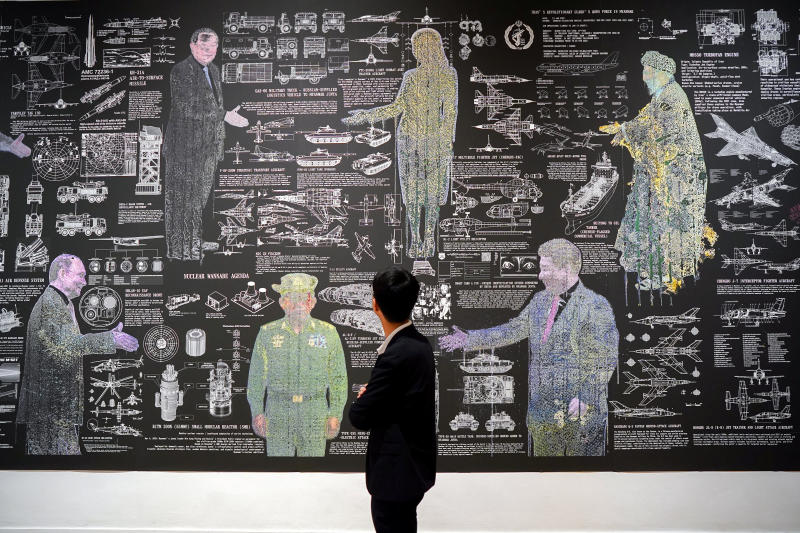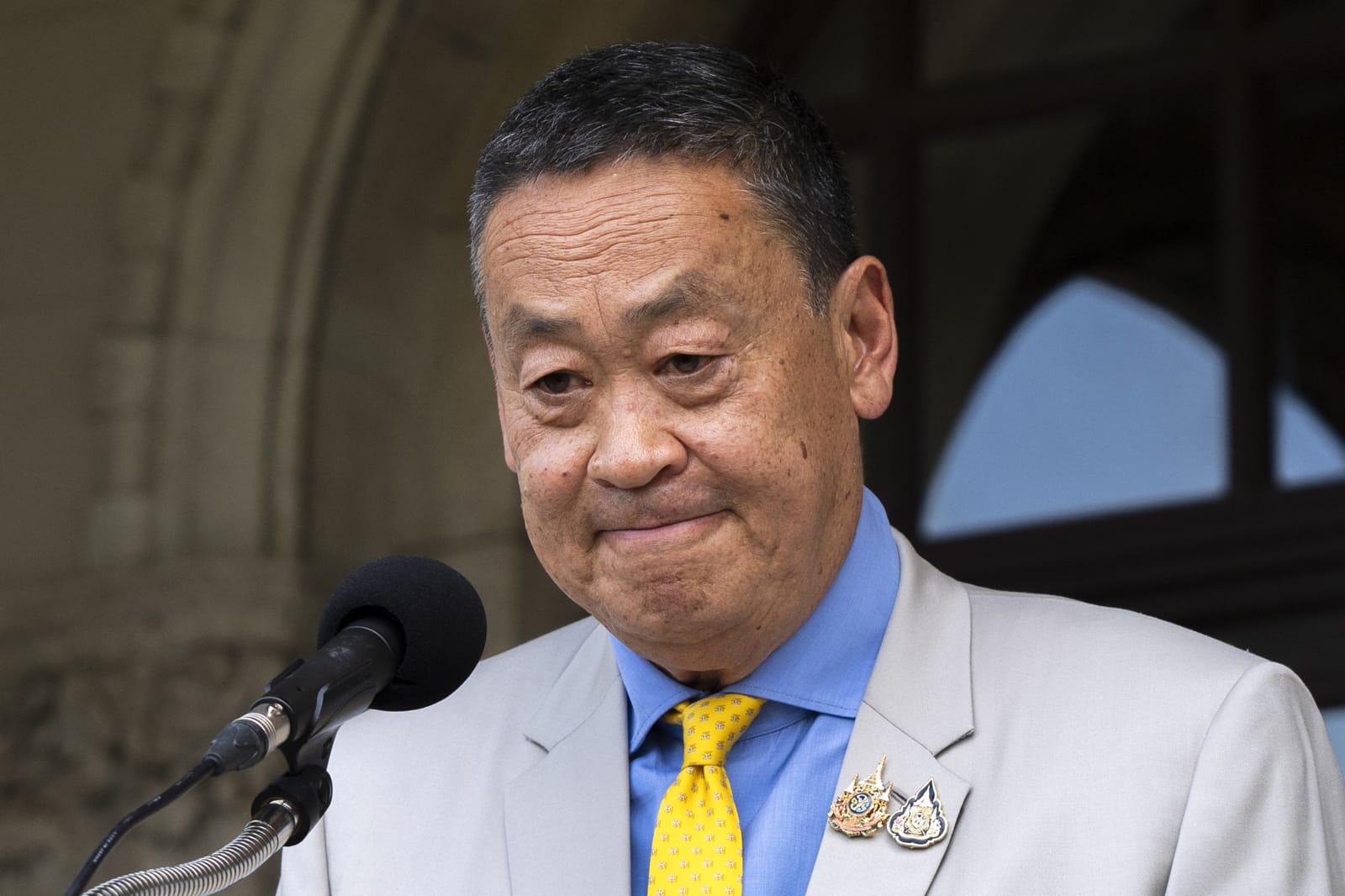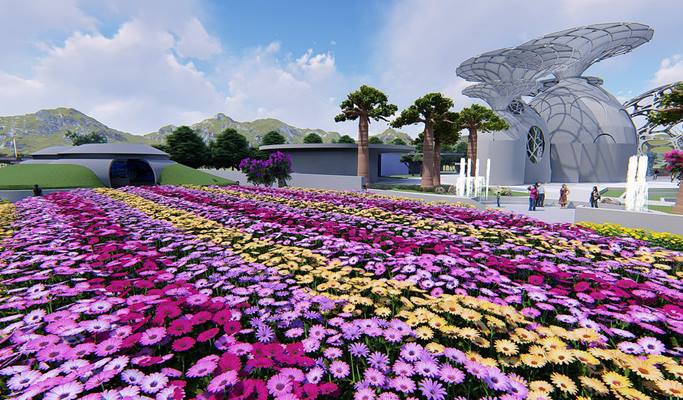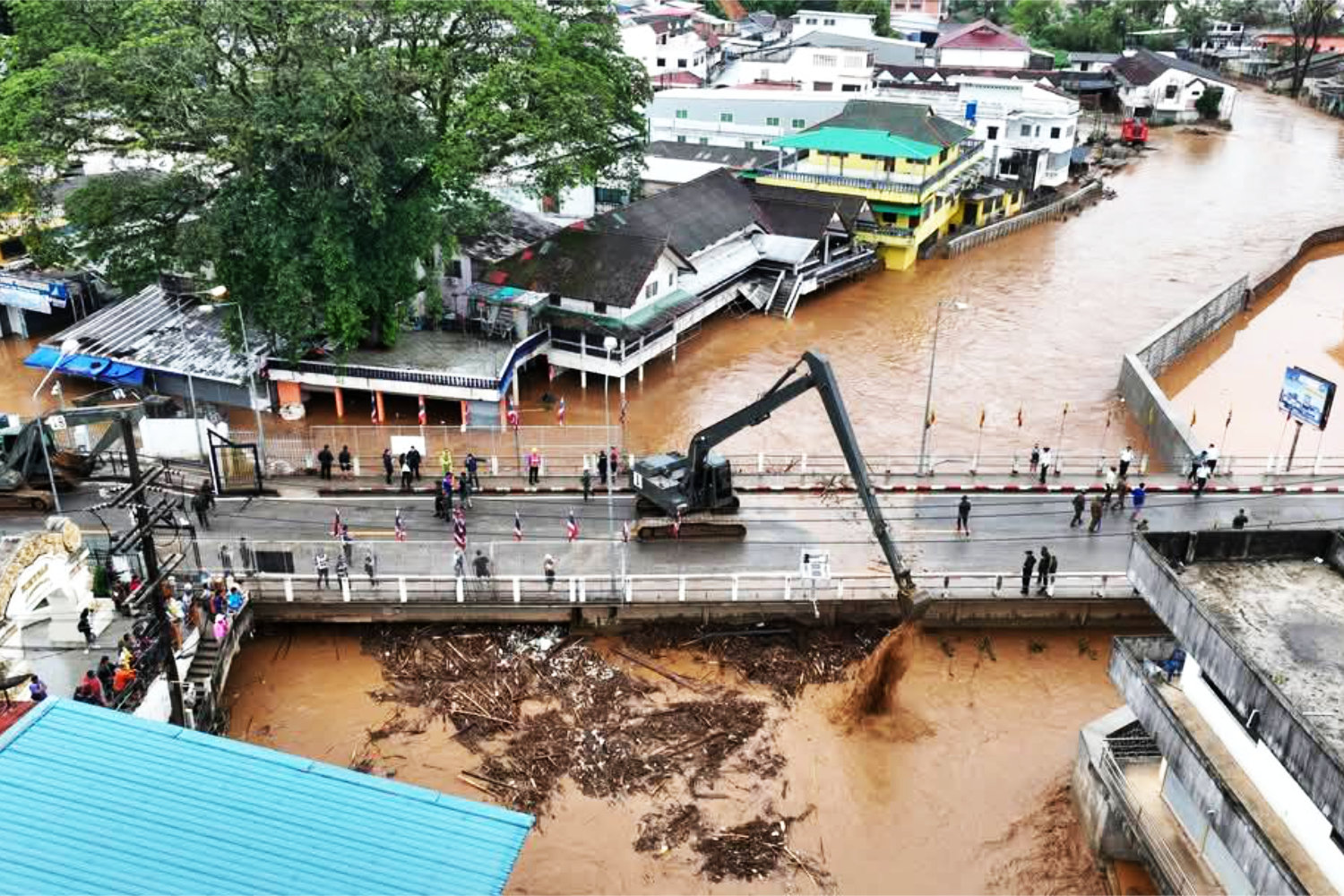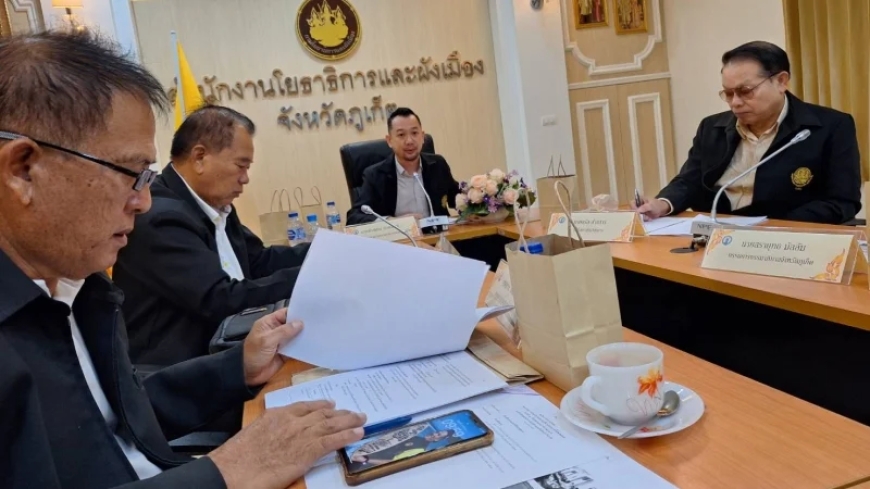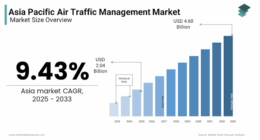Art Exhibit Faces Shutdown Demands
Chinese Officials Target Sensitive Content
On July 24, 2025, the Bangkok Arts and Cultural Centre launched an exhibition titled “Constellation of Complicity: Visualising the Global Machinery of Authoritarian Solidarity,” only to face immediate pressure from Chinese embassy officials. Three days later, embassy staff, joined by Bangkok city officials, demanded the exhibit’s closure, citing potential diplomatic strain between Thailand and China. The gallery, under influence from the Ministry of Foreign Affairs and the Bangkok Metropolitan Administration, removed artworks addressing Beijing’s policies toward Hong Kong, Tibet, and Uyghur communities, raising concerns about artistic freedom in Thailand.
Censorship Sparks Outrage
Artists Decry Authoritarian Influence
The removed pieces, curated by Sai of the Myanmar Peace Museum, included Tibetan and Uyghur flags, postcards featuring Chinese leadership, and works linking China to global issues. Sai, now overseas after evading Thai police inquiries, called the censorship a “tragic irony” for an exhibit critiquing authoritarian collaboration. The gallery obscured artist names and redacted references to Hong Kong, Tibet, and Uyghur communities, with some video displays left blank. Artists, including Tibetan creator Tenzin Mingyur Paldron, condemned the move as an attempt to suppress voices of exiled communities, undermining Thailand’s role as a haven for dissidents.
One China Policy Enforced
Diplomatic Pressures Shape Decisions
Chinese officials returned to the gallery on August 7, 2025, demanding further removals and reinforcing Beijing’s One China policy, which asserts the People’s Republic of China as the sole legitimate government, including over Taiwan. This policy, adhered to by many nations, has fueled China’s efforts to curb critical narratives globally, including in Thailand. The gallery’s compliance, detailed in a July 30 email, cited unavoidable pressure from its primary supporter, the Bangkok Metropolitan Administration, highlighting the delicate balance Thailand maintains in its relations with China amid growing regional influence.
Global Implications for Artistic Freedom
Thailand’s Role as a Refuge Questioned
The incident reflects broader patterns of China’s alleged efforts to silence critics abroad, as seen in its unsuccessful attempt to block a Philippine documentary in New Zealand. Rights groups note that such actions, which Beijing denies, often target the art world to suppress dissent. The Bangkok exhibition, featuring works by exiled artists from Xinjiang, Russia, Iran, and Syria, underscores Thailand’s historical role as a sanctuary for activists. However, this censorship sends a chilling message to the region’s dissident artists, prompting questions about the future of free expression in Southeast Asia’s cultural hubs.
